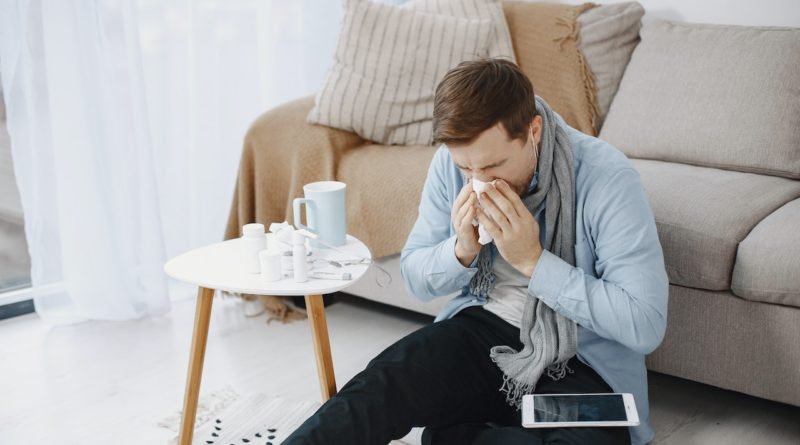How to Keep Your Home Pollen-Free
Allergies can be a real pain, both figuratively and literally. If you’re one of the millions of Americans who suffer from allergies, you know how difficult it can be to find relief. But did you know that there are some simple steps you can take to reduce the amount of pollen in your home and make life a little easier?
Here are some tips for keeping your home pollen-free:
- Avoid bringing any plants that produce pollen into your home. This may seem like a no-brainer, but it’s important to remember that even flowers can be a source of pollen. If you have allergies, it’s best to steer clear of any plant that produces pollen. For example, if you’re allergic to ragweed, don’t bring any bouquets of daisies into your home.
- Keep your windows closed as much as possible. During the spring and summer months, pollen levels are at their highest in the early morning hours. So if you can, avoid opening your windows during this time. If you need some fresh air, opt for an air conditioner instead.
- Use a vacuum with a high-efficiency particulate air (HEPA) filter to clean up any allergens. A regular vacuum cleaner won’t do the trick when it comes to removing pollen from your home. Make sure you buy a vacuum that has a HEPA filter, which will trap pollen and other allergens.
- Consider getting an air purifier to help remove any harmful particles from the air. Air purifiers can be a great way to reduce the amount of pollen in your home. Look for an air purifier that has a HEPA filter, as this will be the most effective at removing pollen.
- Keep your air vents clean. Your air vents can be a breeding ground for pollen and other allergens. Make sure you regularly clean your air vents to prevent the build-up of pollen and other allergens.
- Don’t forget to change your air filter. Your air conditioner’s air filter can become clogged with pollen and other allergens over time. Make sure you regularly check and change your air filter to ensure it is clean and free of allergens.
By following these simple tips, you can help reduce the amount of pollen in your home and make life a little easier for those with allergies.
The dangers of pollen at home
Pollen is one of the leading causes of allergies and can be found in many homes. Although pollen is necessary for the pollination of plants, it can cause a lot of problems for people who are allergic to it. Here are some of the dangers of pollen at home:
- Allergies. Pollen is one of the most common allergens and can cause a range of symptoms, including sneezing, watery eyes, and a runny nose. If you have allergies, it’s important to do what you can to reduce the amount of pollen in your home.
- Asthma. Pollen can also trigger asthma attacks in people who suffer from this condition. If you have asthma, it’s important to take steps to reduce the amount of pollen in your home to avoid triggering an asthma attack.
- Respiratory problems. Inhaling pollen can cause a range of respiratory problems, including bronchitis and sinus infections. If you have respiratory problems, it’s important to take steps to reduce the amount of pollen in your home.
- Eye irritation. Pollen can also cause eye irritation, redness, and watering. If you suffer from allergies or asthma, it’s important to take steps to reduce the amount of pollen in your home to avoid triggering these symptoms.
- Skin irritation. Pollen can also cause skin irritation, especially in people who are allergic to it. When pollen comes into contact with the skin, it can cause a rash or hives. If you have allergies or asthma, it’s important to take steps to reduce the amount of pollen in your home to avoid triggering these symptoms.
- Gastrointestinal problems. In some people, pollen can cause gastrointestinal problems, such as nausea and vomiting. When this happens, you may need to see a doctor.
By taking steps to reduce the amount of pollen in your home, you can avoid these problems and make life a little easier for those with allergies or asthma.




